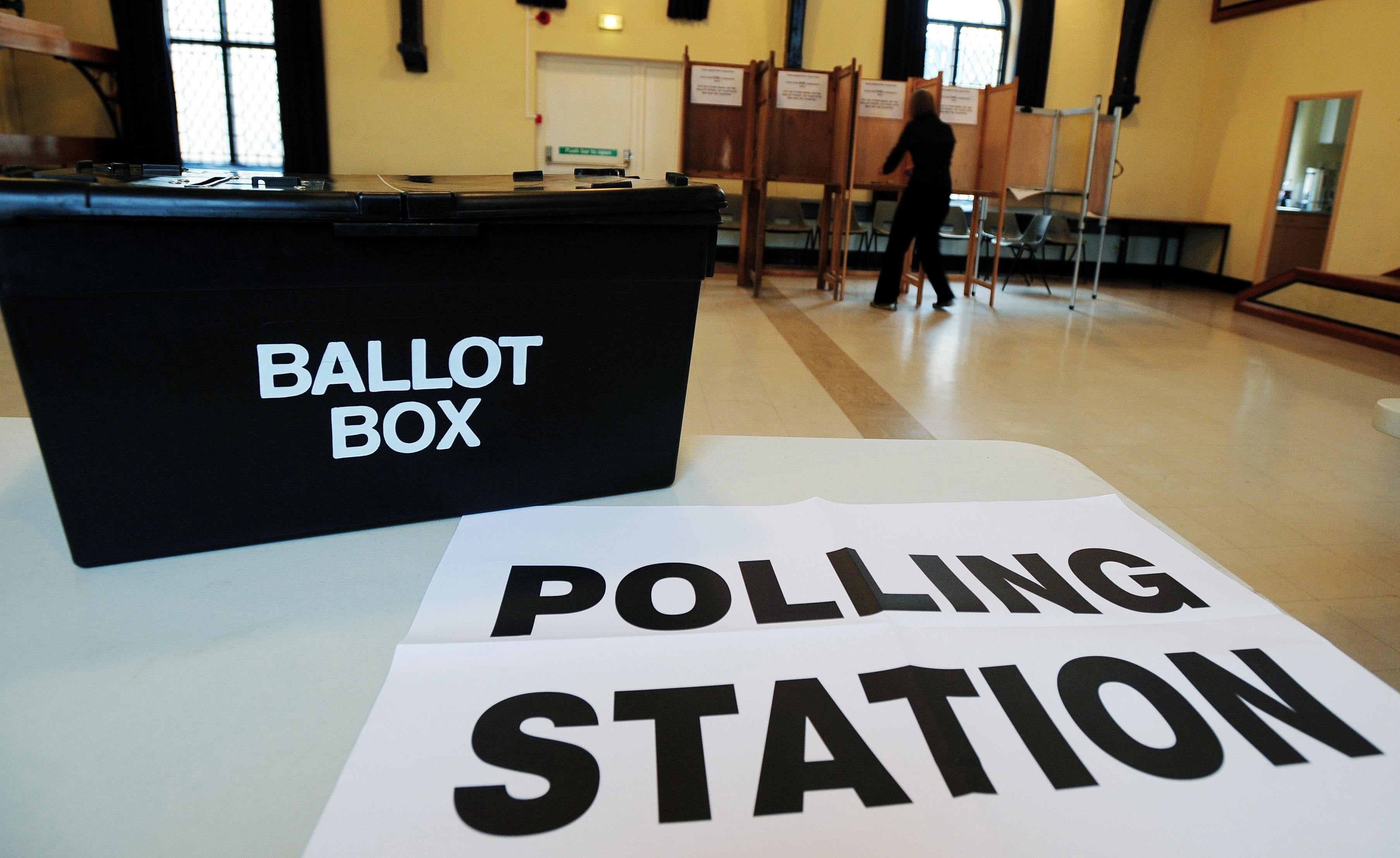Countdown to 2022 local elections about to begin
Boris Johnson will face his first big electoral test since the so-called ‘partygate’ scandal.

The countdown to this year’s UK local elections is about to begin.
On Tuesday January 25 there will be only 100 days to go until polling day on Thursday May 5.
Most of the seats were last contested in 2018, when the UK was still in the European Union, the prime minister was Theresa May, Labour was led by Jeremy Corbyn and the Liberal Democrat leader was Vince Cable.
The political landscape of the UK has undergone huge changes in the past four years.
Yet many of the issues that can decide local elections remain the same, such as when bins are collected, the state of neighbourhood parks and pavements, and access to libraries and hospitals.
This year’s elections are also likely to be a verdict on the main party leaders and their handling of such national issues as Covid-19 and the cost of living.
It will be the first big electoral test for Prime Minister Boris Johnson since the so-called “partygate” scandal.
Labour leader Sir Keir Starmer and Lib Dem leader Sir Ed Davey will be judged on whether their parties are able to make gains at the expense of the Conservatives.
In Scotland and Wales the SNP and Plaid Cymru will want to hold their ground in the face of challenges from the UK-wide parties.
And across the country, smaller groups such as the Greens residents’ associations and independents will hope to cause surprises and upsets.
Contests are taking place in each of the four UK nations.
All voters in Scotland, Wales, Northern Ireland and London will go to the polls, but in the rest of England the elections are limited mostly to towns and cities.
Every local authority in Scotland and Wales is up for election: 32 in Scotland and 22 in Wales.
These will be the first local elections in Wales in which 16 and 17-year-olds are eligible to vote.
In London, all 32 borough councils are up for election, along with five local mayors in Croydon, Hackney, Lewisham, Newham and Tower Hamlets.
Labour controls 21 of the 32 councils in London and will hope to hold all of them, as well as taking Barnet and Wandsworth from the Conservatives. The Liberal Democrats will want to keep control of Kingston-upon-Thames, Richmond-upon-Thames and Sutton.
For the Tories, any improvement on its position in the capital would be considered a good result.
Outside London, council elections are taking place in towns and cities across England, but only a handful of rural areas.
A total of 33 Metropolitan boroughs are holding contests, with a third of council seats up for election in most areas and the entire council in Birmingham, Bury, Rochdale and St Helens.
Labour is defending most of these Metropolitan councils, though the Conservatives will be fighting to keep control of Dudley, Solihull and Walsall.
Some 17 unitary authorities are holding elections, with the Tories defending the likes of Southampton, Swindon and Thurrock, while Labour will want to keep control of Hull, Reading and Slough.
Reading is the only unitary authority where all council seats are being contested, with a third of seats up for grabs elsewhere.
Local elections are also scheduled to take place in 61 of England’s district councils, mostly in urban areas, with all of the main political parties hoping to do well.
The Liberal Democrats will want to strengthen their hold on places such as Cheltenham, Eastleigh and Winchester while hanging on to Three Rivers and St Albans.
Labour is defending the likes of Chorley, Hastings and Stevenage as well as cities like Cambridge, Norwich and Oxford.
While the Conservatives will hope to keep control of places such as Basildon, Gosport, Nuneaton & Bedworth and Worcester.
In addition, two county council elections are set to go ahead in North Yorkshire and Somerset, both run by the Conservatives. In Watford, elections are taking place for the council and the town’s directly elected mayor, with the Liberal Democrats hoping to keep hold of both.
Voters in South Yorkshire will choose a new regional mayor, with the holder, Labour MP Dan Jarvis, not seeking a second term.
In Bristol, a referendum will be held to decide whether the city should keep or abolish its elected mayor.
Finally, voters in Northern Ireland are due to elect a new assembly.
By law this election can take place no later than May 5. While it could happen before this date, it looks increasingly likely the ballot will fall on the same day as the local elections across Great Britain.
All 90 seats in the assembly will be contested in what could be a close contest between the main parties: the Democratic Unionists (DUP), Sinn Fein, the Social Democratic & Labour Party (SDLP), the Ulster Unionists (UUP) and the Alliance.
At the last assembly election in 2017, the final result saw a near-tie between the DUP on 28 seats and Sinn Fein on 27, with the SDLP winning 12, the UUP 10 and the Alliance eight.
Bookmark popover
Removed from bookmarks